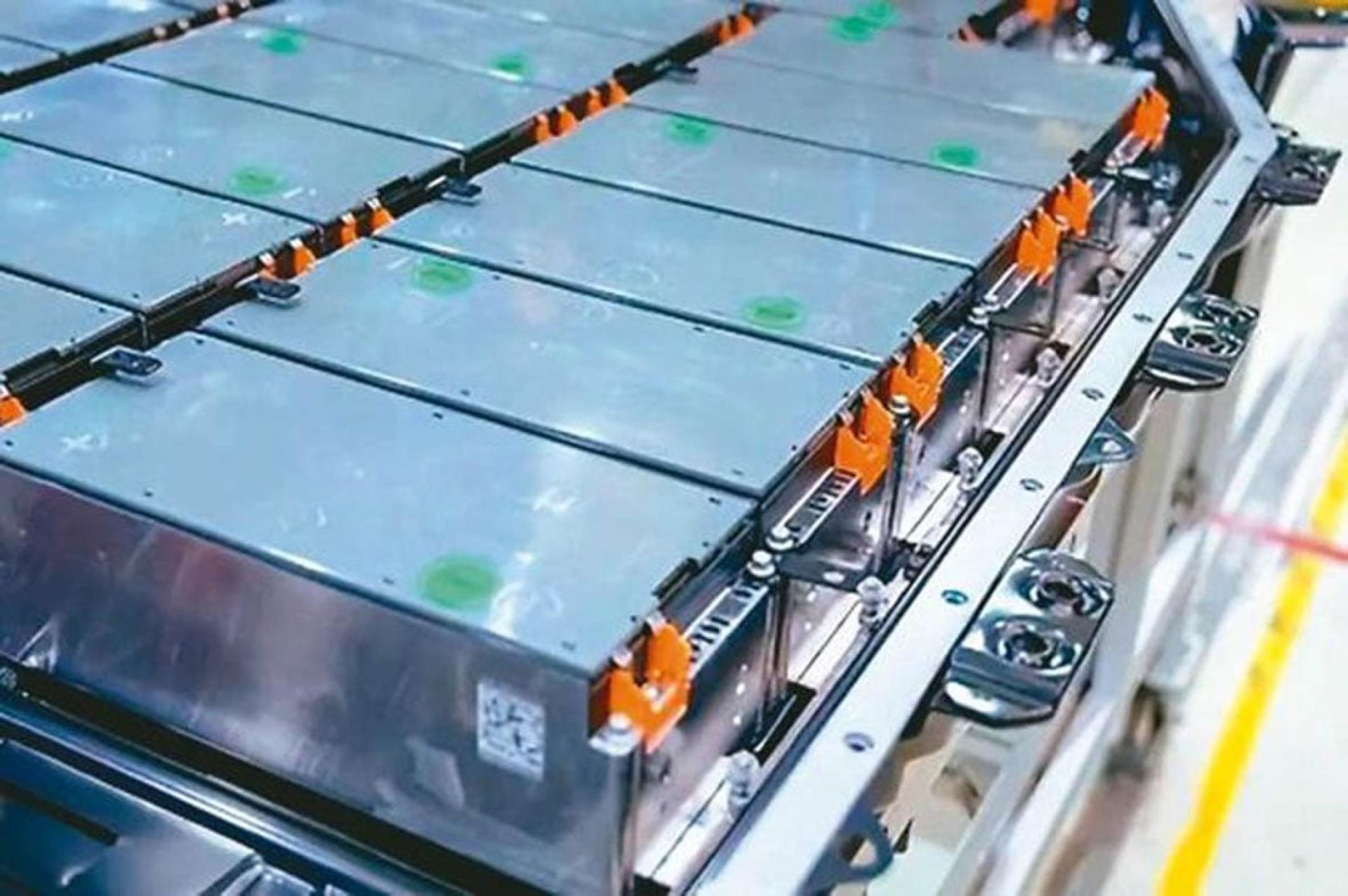According to a report by China Central Television’s news client on the 7th, the Institute of Metal Research of the Chinese Academy of Sciences has recently announced that its research team has made a breakthrough in the field of solid-state lithium batteries. This provides a new pathway to solve the critical issues of high interface impedance and low ion transport efficiency in solid-state batteries, and the team has developed a flexible battery that can be bent 20,000 times. The research results were recently published in the international academic journal Advanced Materials.
Solid-state lithium batteries are regarded as an important development direction for next-generation energy storage technology due to their high safety and high energy density. However, the poor solid-solid interface contact between electrodes and electrolytes in traditional solid-state batteries leads to high ion transport resistance and low efficiency, which seriously restricts their practical application.
The research team leveraged the design flexibility of polymer molecules, introducing both ion-conducting ethoxy groups and electrochemically active short sulfur chains into the polymer backbone, thereby creating a novel material that achieves interfacial integration at the molecular scale.
The new material not only has high ion transport capability, but can also achieve controllable switching of ion transport and storage behaviors at different potential ranges.
The researchers explained that the integrated flexible battery constructed from the new material exhibits excellent resistance to bending and can withstand 20,000 cycles of repeated bending.
